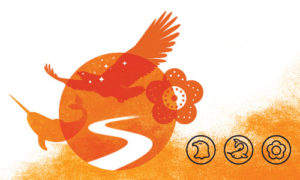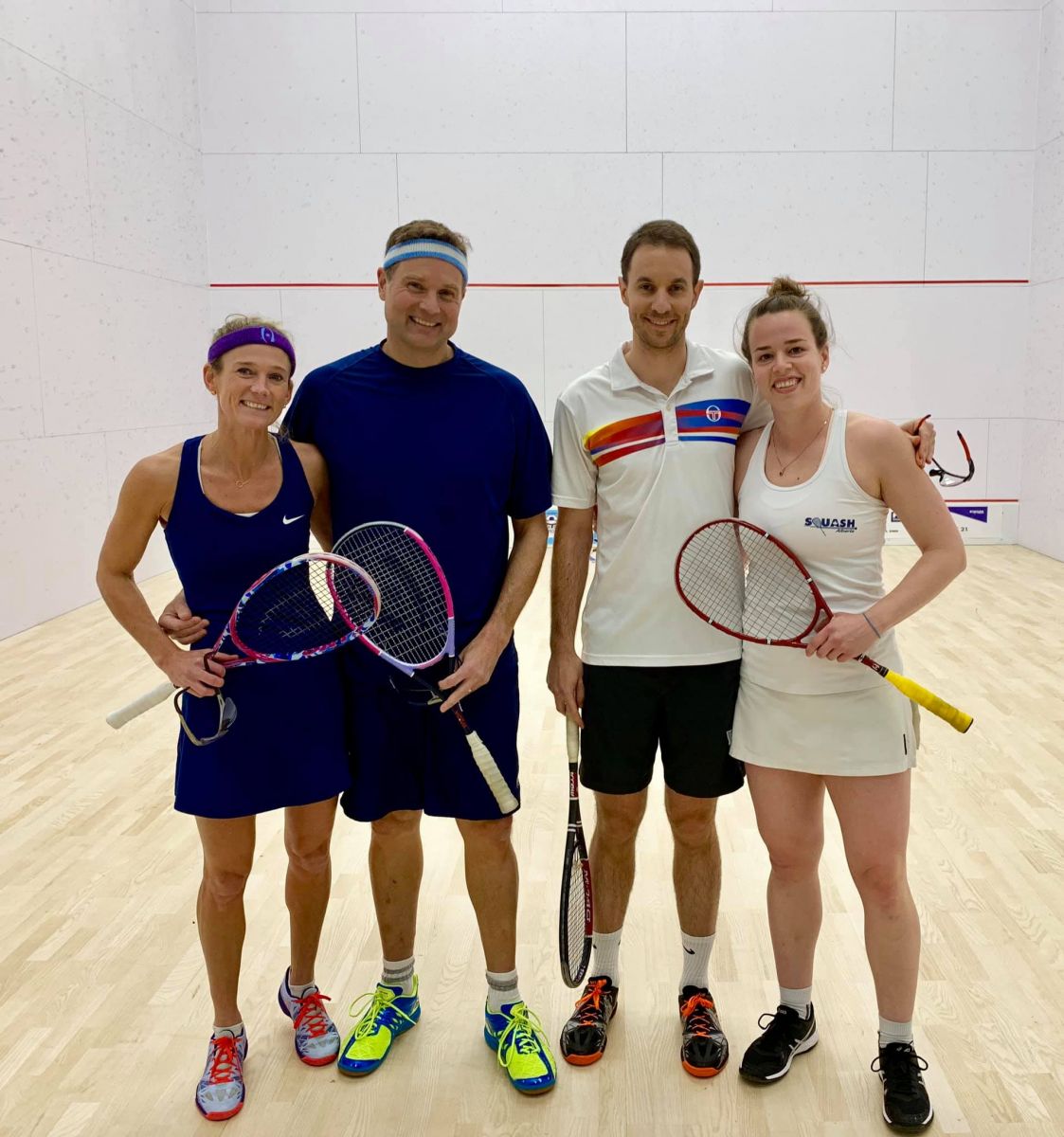 Squash Canada and the Canadian squash community to recognize and honour residential school survivors on National Day of Truth and Reconciliation to be held Thursday September 30th. The creation of this federal statutory holiday was through legislative amendments made by Canadian Parliament.
Squash Canada and the Canadian squash community to recognize and honour residential school survivors on National Day of Truth and Reconciliation to be held Thursday September 30th. The creation of this federal statutory holiday was through legislative amendments made by Canadian Parliament.
National Day for Truth and Reconciliation is meant to honour the lost children and survivors of residential schools, their families and communities. Public commemoration of the tragic and painful history and ongoing impacts of residential schools is a vital component of the reconciliation process.
Squash Canada encourages the Canadian Squash community to wear orange as part of Orange Shirt Day, which is also held annually on September 30. This initiative is an Indigenous-led grassroots commemorative day that honours children who survived and those who did not survive at Indian Resident Schools.
“We have much to do in Canada to be more inclusive of our Indigenous Peoples”, said Squash Canada President, Sandra Thompson. “It starts with understanding and reflection. And it takes all sectors, including sport, to acknowledge some historic atrocities, be a partner to the reconciliation process, and to honour residential school survivors. Be Orange on September 30th.”
“I encourage everyone in our squash community to take a moment on September 30th to reflect on, and find out more about the residential school system in Canada. The residential school system has had a ripple effect into broader Canadian society where barriers around representation, access, and inclusion of Indigenous people continues to present challenges,” said Lisa Henderson, Co-Chair of the Squash Canada Diversity and Inclusion Task Force. “As Squash Canada finalizes its Diversity and Inclusion strategy, we commit to being intentional in our actions to remove barriers and provide opportunities for Indigenous people to participate within the Canadian squash community.”
For more information on National Day for Truth and Reconciliation – Click Here
Truth and Reconciliation Commission of Canada: Calls to Action
Tabled in 2015, the 94 Calls to Action from the Truth and Reconciliation Commission of Canada are divided into two sections: legacy and reconciliation. These recommendations were created to “redress the legacy of residential schools and advance the process of Canadian reconciliation”, and now are serving as a barometer for Canada’s reconciliation progress.
The Calls to Action that relate to sport are listed below.
Sports and Reconciliation
87. We call upon all levels of government, in collaboration with Aboriginal peoples, sports halls of fame, and other relevant organizations, to provide public education that tells the national story of Aboriginal athletes in history.
88. We call upon all levels of government to take action to ensure long-term Aboriginal athlete development and growth, and continued support for the North American Indigenous Games, including funding to host the games and for provincial and territorial team preparation and travel.
89. We call upon the federal government to amend the Physical Activity and Sport Act to support reconciliation by ensuring that policies to promote physical activity as a fundamental element of health and well-being, reduce barriers to sports participation, increase the pursuit of excellence in sport, and build capacity in the Canadian sport system, are inclusive of Aboriginal peoples.
90. We call upon the federal government to ensure that national sports policies, programs, and initiatives are inclusive of Aboriginal peoples, including, but not limited to, establishing:
i. In collaboration with provincial and territorial governments, stable funding for, and access to, community sports programs that reflect the diverse cultures and traditional sporting activities of Aboriginal peoples.
ii. An elite athlete development program for Aboriginal athletes.
iii. Programs for coaches, trainers, and sports officials that are culturally relevant for Aboriginal peoples.
iv. Anti-racism awareness and training programs.
91. We call upon the officials and host countries of international sporting events such as the Olympics, Pan Am, and Commonwealth games to ensure that Indigenous peoples’ territorial protocols are respected, and local Indigenous communities are engaged in all aspects of planning and participating in such events.









